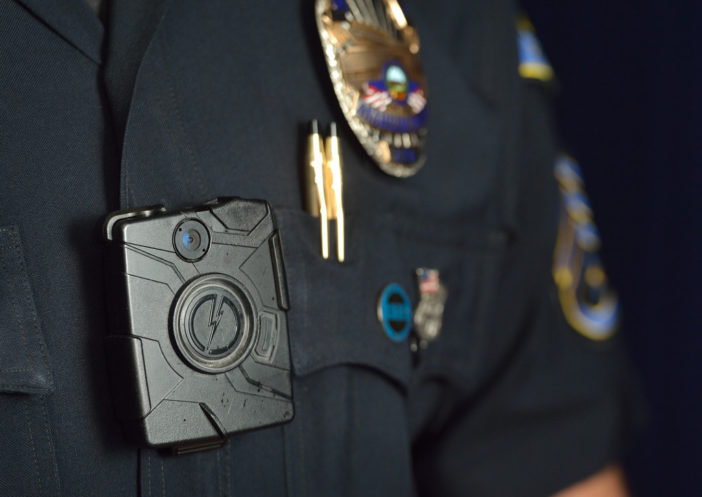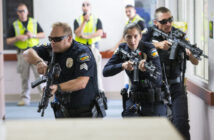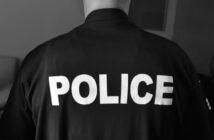The implementation of body cameras in policing is occurring with extraordinary speed across the country.
Police officers are embracing the new technology and its introduction is being met with minimal resistance in most agencies. Well thought out policies, procedures and laws are being developed and implemented.
Of course there are issues regarding the introduction of any new technology, such as privacy concerns and the realization that two-dimensional images never really capture the totality of any police contact. Even the simple act of turning on the camera requires a whole new set of muscle memory training.
But will body cameras alone reduce the number of police shootings?
I don’t think so.
Body cameras may improve the day-to-day interactions with the public, and they will capture strong evidence that can later be used for prosecution.
Body camera footage will either exonerate or find officers culpable of misconduct during interactions with the public. For those very few bad eggs out there, I would hope it would change their behavior or get them out of the profession.
What will not change are the circumstances that trigger an officer to use deadly force.
Police officers who use deadly force aren’t really thinking about a body camera; They’re just trying to stay alive.
Body cameras will have little or no effect on the split-second decision making of an officer when the threat level quickly escalates. The officers are reacting to a quickly unfolding reality dictated almost entirely by suspect behavior.
In a Washington Post interview, Jim Pasco executive director of the Fraternal Order of Police stated, “… the criteria for using deadly force hasn’t changed essentially, so why would the numbers change?”
The threshold level for shooting is really based upon fear.
Regrettably, there are instances in which a police officer responds to rapidly developing circumstances and makes a judgement call that can be wrong.
These judgements, while based on fear, will also call into question how well officers are prepared to face these types of encounters.
Prosecutors will determine whether the officer’s decision was reasonable given the totality of the circumstances.
Expectations that body cameras alone will reduce police shootings are based on the false premise that officers who shoot are behaving badly. There are some folks who believe if police officers have Big Brother watching over them they won’t shoot people.
Police officers don’t just shoot people just because they can. They shoot when they feel they have to.
In the aftermath, their judgement is sometimes found to be wrong, but those are rare occurrences.
These are the incidents, however, that make the front page and the lead story on the evening news.
The entire profession of policing has learned that perception, right or wrong, has its own consequences.
 Behind the Badge
Behind the Badge



